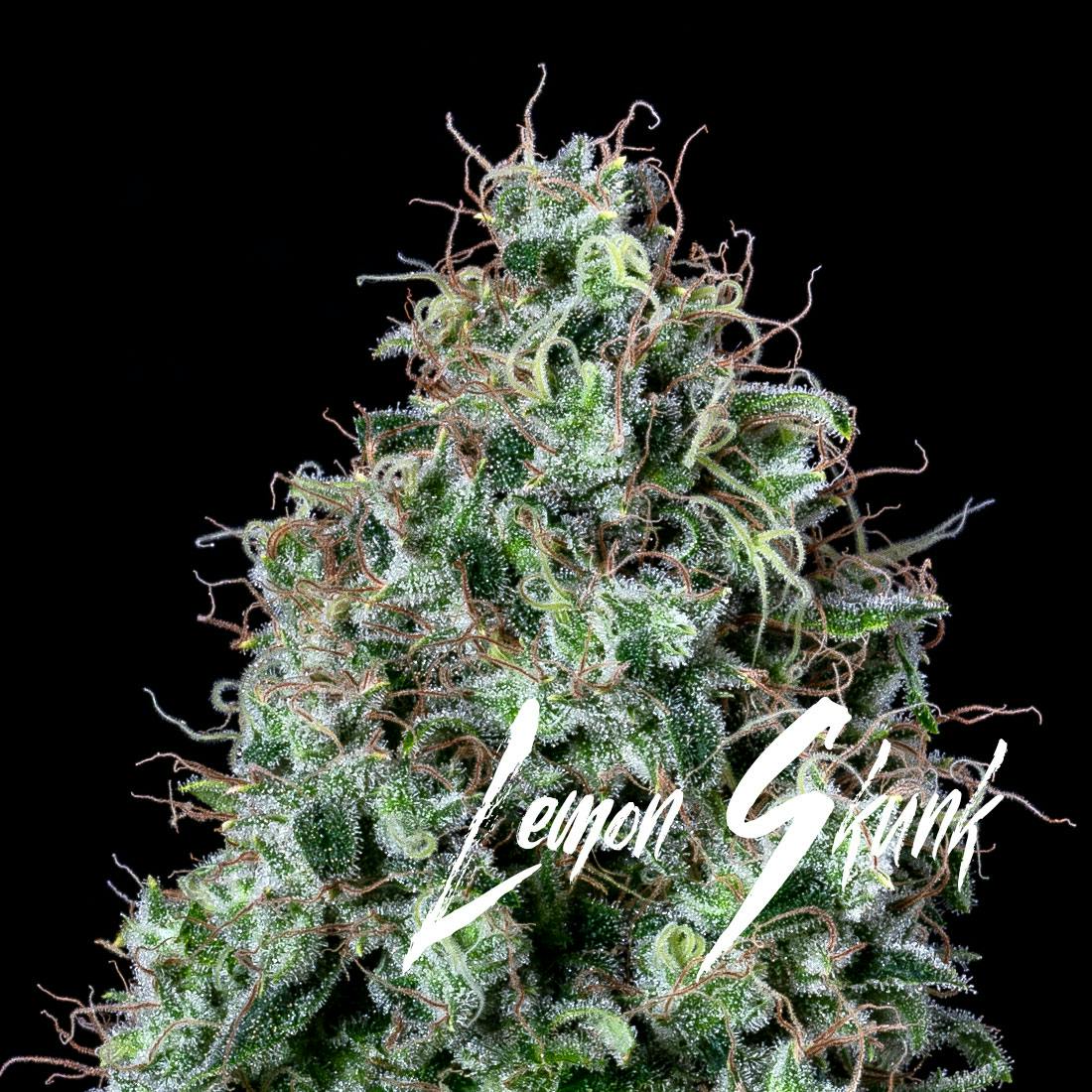Strain Type: Sativa-dominant hybrid
Genetics: Citrus Skunk x Skunk #1
Flavor Profile: citrus, skunky
How it feels: creative, energizing, introspective, motivating, stimulating, thoughtful
Recommended for: anxiety, depression, exercise, focus, intimacy, stress, nausea and gastrointestinal issues
Lemon Skunk is generally thought to contain the following terpenes: Caryophyllene (anti-inflammatory), Limonene(immunostimulant), Myrcene(relaxing)
Many say the indica aspects of the strain do tend to kick in after one to two hours, leaving the consumer slightly sleepy as the cerebral effects wear off
Terpenes

Cannabinoids

Cannabinoids are naturally occurring chemical compounds that are found in cannabis and provide consumers with a wide range of effects. THC and CBD are examples of some of the most commonly known cannabinoids.



